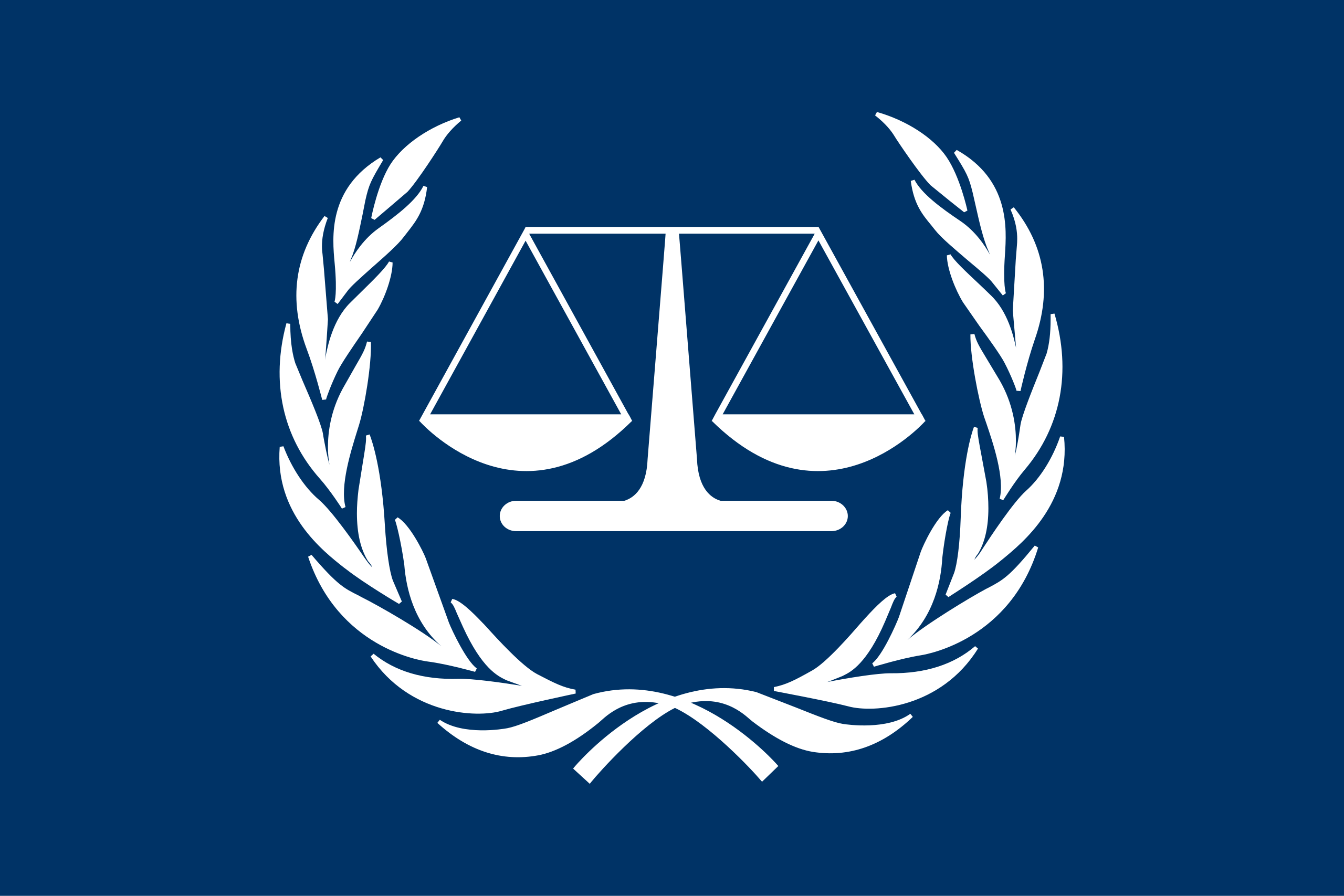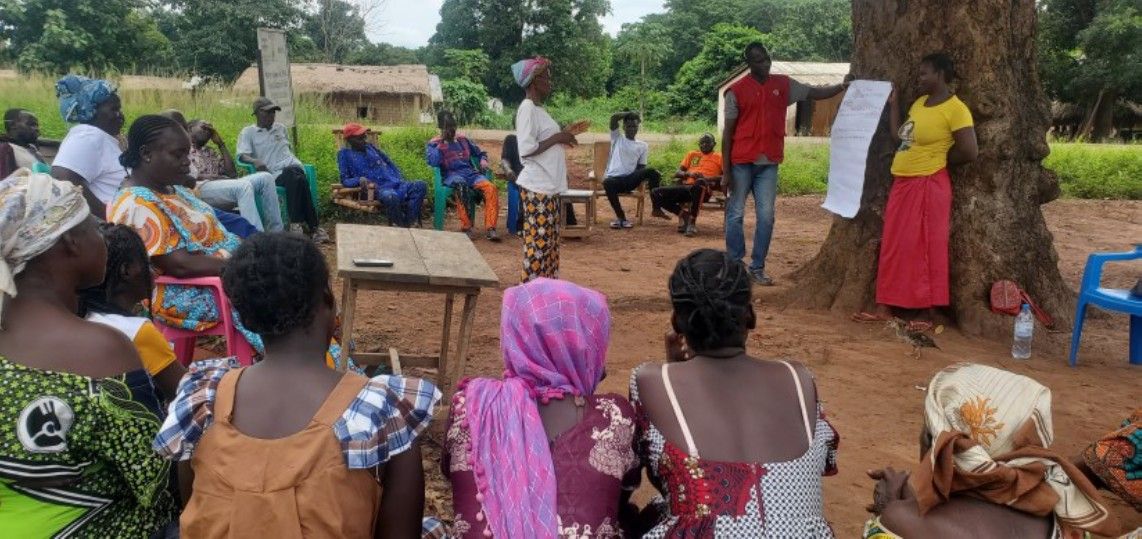The Issue
The Kémo prefecture in the Central African Republic is emblematic of the country’s chronic instability and deep-rooted vulnerabilities. Historically marked by political turmoil, ethnic tensions, and economic deprivation, the region has suffered the ripple effects of nationwide instability, exacerbated by conflicts in neighbouring countries.
These have spurred cross-border movements of refugees, illicit arms trafficking, and the incursion of rebel groups, further destabilizing local communities. Armed conflicts have been characterized by widespread human rights abuses, including rape and other forms of sexual and gender-based violence, perpetrated with impunity.
These atrocities have left deep physical and psychological scars on survivors, many of whom remain unable to rebuild their lives or sustain livelihoods due to enduring trauma and economic hardship.
During the 2002-2003 crisis, military forces inflicted extreme violence on civilians, leaving behind destroyed homes, looted resources, and a legacy of fear.
Despite interventions by international actors, including the International Criminal Court (ICC), justice has remained elusive for most victims, while the region continues to grapple with inadequate support systems. The compounded impacts of poverty, displacement, and unresolved trauma have entrenched vulnerability, leaving the population in Kémo in a precarious state of neglect and despair.
The Project
The project aims to sustainably enhance the living conditions of survivors and boost local capacities for a more resilient community. It focuses on capacity building, collaboration, and community participation. DCA strengthens local organizations like the Association of Victim Survivors and WALT (Women Act Living Together) by enhancing its operational, financial, and logistical capabilities, including a €10,000 fund for psychosocial and medical support.
Collaboration with healthcare providers and the private sector ensures access to quality services and socio-economic reintegration.
Active survivors’ participation in identifying beneficiaries and monitoring activities fosters commitment and accountability.
Psychological care strategies include recruiting and training personnel, facilitating therapeutic sessions, and strengthening therapy centres.
Training and material support are provided to the victim’ association for sustainability. Needs of victims are continually assessed to tailor assistance effectively, considering specific needs of different groups.
The Change
This project aims to improve the lives of victims of violence in the Central African Republic by providing healthcare, psychological support, and economic opportunities. By empowering survivors, particularly women, the project contributes to peacebuilding and reconciliation.
The Results
At the fourth phase, this project continues to align with the Trust Fund for Victims’ strategic goal 1, aiming to support survivors of violence in Central African Republic to recover and lead resilient lives. It has been focusing and continue to focus on providing primary healthcare, psychological support, and income-generating activities to empower survivors, particularly those affected by sexual and gender-based violence.
Since 2021 the project has supported about one thousand survivors in Sibut and Dekoa Sub-prefectures.
The project targets two groups: direct beneficiaries, including individuals who suffered physical harm, unwanted pregnancies, HIV infection, psychological trauma, and loss of homes due to conflicts in 2002, 2003, and 2013; and indirect beneficiaries, comprising community members and households impacted by the crises.
Partner
WALT (Women Act Living Together) operates in CAR by supporting the Women, Peace, and Security agenda through conflict prevention, gender inequality reduction, and the promotion of women’s rights. The organization focuses particularly on the socio-economic inclusion of women, especially survivors of sexual violence, and supports feminist CSOs.
About this Project
Title: Support for the physical rehabilitation, psychosocial assistance, and socio-economic reintegration of conflict victims under the jurisdiction of the ICC in the Kemo Prefecture, Central African Republic
Period: April 2024 – March 2025
Partner: Women Act Living Together (WALT)
Amount: 200,000€
Outreach: 2,000
Donors: International Criminal Court (150,000€) & DANIDA (50,000€)



